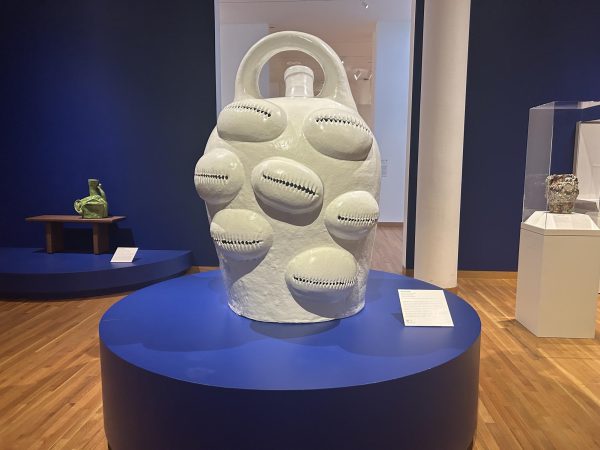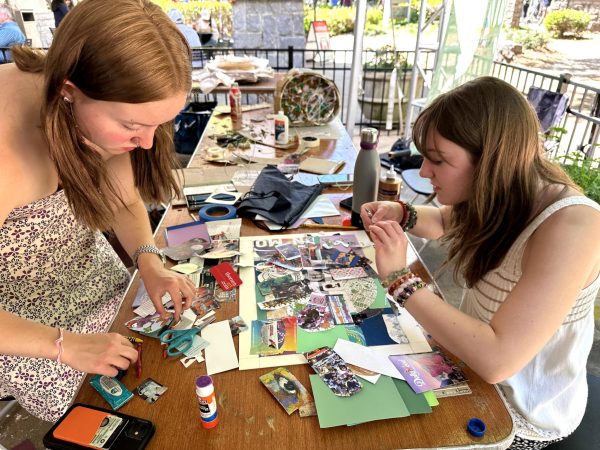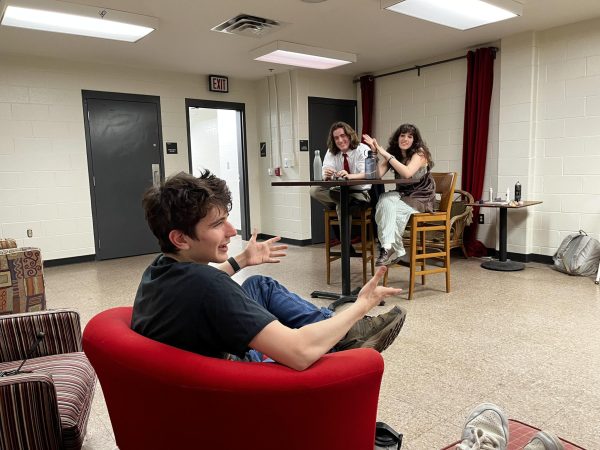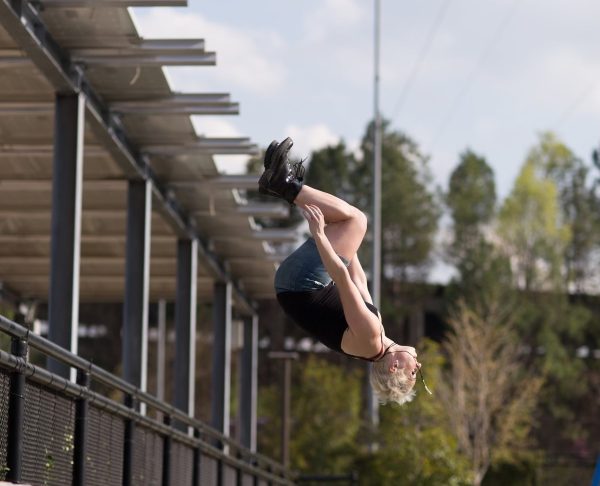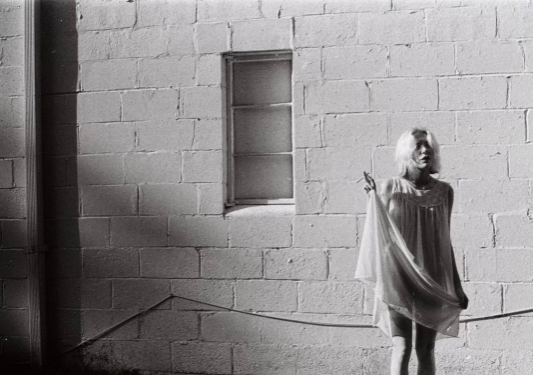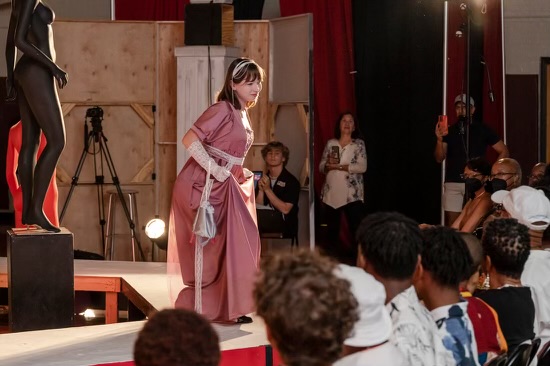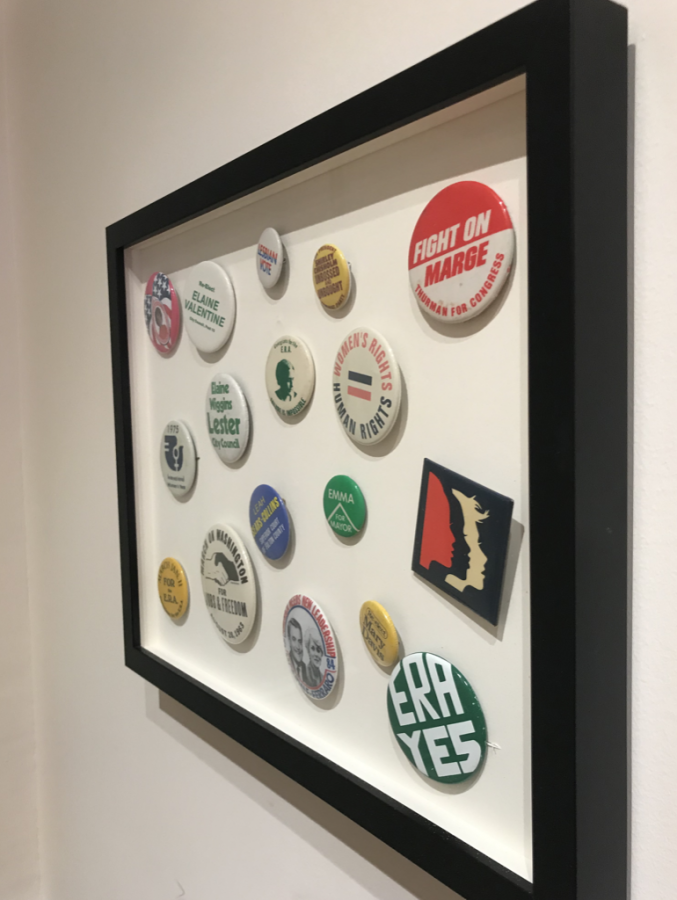New addition to history center inspires young women
In 1920, almost a century ago, society was nearly unrecognizable. The United States had just entered World War I, and mankind had not yet invented sliced bread.
The early 1900s were roaring; however, change extended beyond the growing population and booming stock market: women gained the right to vote. The 19th Amendment made it legal for women to cast their ballots.
To commemorate the centennial of the 19th Amendment, the Atlanta History Center is running a new exhibition: “Any Great Change.” Open from Aug. 16, 2019, to Jan. 31, 2021, the exhibit honors the work of 20th-century women who fought for the right to vote. These women were known as suffragettes.
“The exhibition places the women’s suffrage movement within the context of the many voting rights struggles in the United States – it is one many times when people in this country fought to realize the full rights of citizenship,” said Jessica Vanlanuyt, Vice President of Guest Experiences at the Atlanta History Center.
The second floor of the historic 20th century home, built for socialites Emily and Edward Inman, was converted into a two-room exhibit showcasing the work of women from different cities and backgrounds who advocated for the amendment. This amendment, passed in 1919 and ratified in 1920, states that the United States government cannot deny any citizen the right to vote on the basis of sex.
“We hope people will be inspired to vote and to participate as citizens,” Vanlanyut said.
Vanlanuyt also explained the significance of the timing of this exhibit, with the centennial of the amendment approaching during a major election year. She believes it is an opportunity for citizens, especially women, to play an active role in democracy.
Besides tackling the work of the suffragettes in the 19th and 20th centuries, “Any Great Change” highlights the work of female, modern-day politicians. The 2018 midterm elections were monumental and historical for Congress, with a record of 117 women elected, but what if it was never passed?
Senior Cate Crutcher reflects on this question. She believes that American culture would be nowhere close to having the near-equality women have today.
“If women were fighting for suffrage then, I wonder if they’d still be fighting now or if they’d have given up,” Crutcher said. “Would it have been a slower progression? Would gay marriage have been legalized? What about Roe v. Wade?”
Crutcher notes that voting is essential in ensuring that every voice is heard equally.
U.S. Government and Civics teacher Susan Salvesen brought up the importance of strong women playing key roles in politics, with 2018 Georgia Democratic gubernatorial candidate Stacey Abrams as a prime example.
“I think Stacey Abrams and everything she’s doing to end voter suppression shows how she wants to become a leader, and how she wants to protect the right to vote for all Americans,” said Salvesen.
Voting is an important part of citizenship that many Grady students will be able to take part in this year or in the near future. Sophomore Everett Stubin isn’t old enough to vote in this year’s primaries or the presidential election next year, but his age is not stopping him from being politically active and aware.
“I think it’s important for younger people to come out and vote because it’s your duty as part of a democracy. If you don’t vote, you aren’t represented,” said Stubin.
Stubin recognizes the privilege that comes with voting and intends to do so when he turns 18. He is not the only one in his generation who is planning to be politically involved.
The history of the 19th Amendment is inspiring. The current generation can build on the foundation of this amendment to work towards a more inclusive future.
“The youngest generation is always unique because we are generally more willing to acknowledge and challenge institutional problems than older generations,” Crutcher said. “Also, because we are younger, we tend to listen more and talk less, making us more aware of present issues and less focused on how things used to be.”



